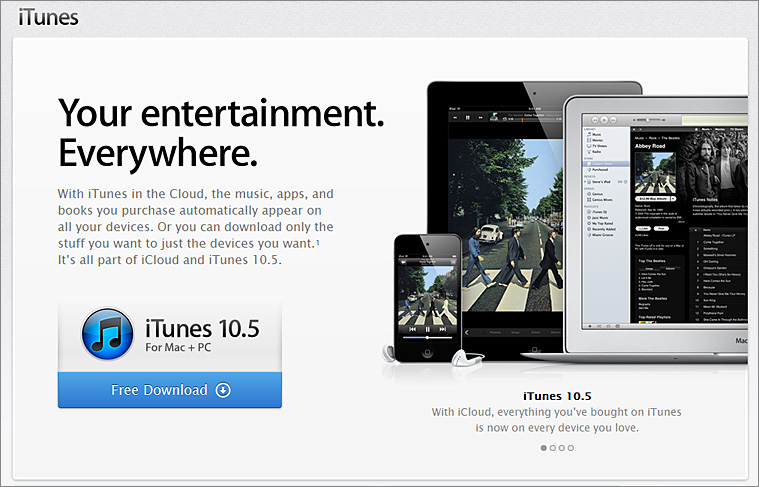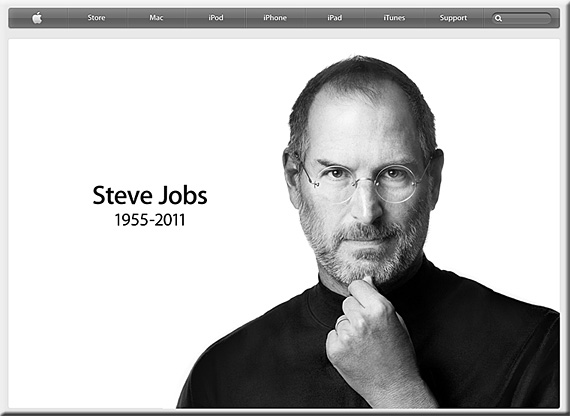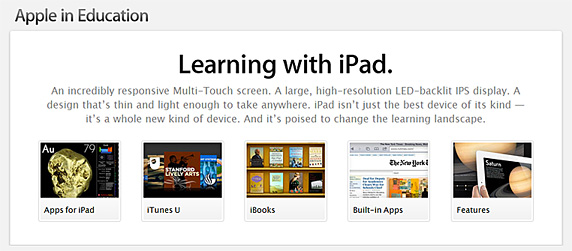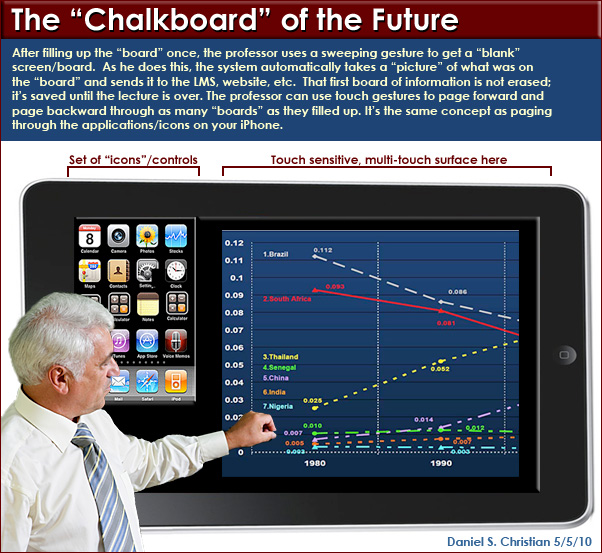10 online ed trends coming to a high school near you — from bestcollegesonline.com with thanks going out to Tim Handorf for the resource
From DSC:
It’s highly likely that you have already seen a ton of postings re: the news of Steve Jobs’ passing yesterday. However, I need to reflect, comment upon, and commemorate his life and work here today.
When Apple asserts that Steve leaves behind a company that only he could have built, it’s true. They are not just flowery, flattering words. Jobs was a one in a (hundred) million type of person — carefully crafted for the needs of today. His skillsets were rare. His negotiation skills were solid. His vision and courage to pursue the entrepreneurial/innovative way of life are outstanding. His knowledge — and pursuit of knowledge — as well as his drive helped him bring about many world-changing technologies and projects. Not too many people could own/direct an animation studio, oversee the production of software and hardware that was fined tuned to creating and distributing multimedia, comment on which font style would be appropriate for a message, relentlessly pursue excellence in user experience/usability in all of an organization’s product lines, present information the way he did, create excitement for his company’s products, etc.
Personally, Steve Jobs has helped me continue to think big — to have wind in my sails that I can make a contribution…that I can help change the world. All of us can, even if in smaller ways than Steve Jobs did. But we will need to believe that we can change the world and to persevere through the trials and tribulations that are sure to come our way when we attempt to do so.
I hope that the team that Steve & Co. put into place continue to pursue his passions and visions, as the world needs visionaries. Though I did not know him, I will yet miss him. I am grateful to God for his gifts, abilities, life and work.
Addendum:
“Your work is going to fill a large part of your life, and the only way to be truly satisfied is to do what you believe is great work. And the only way to do great work is to love what you do. If you haven’t found it yet, keep looking. Don’t settle. As with all matters of the heart, you’ll know when you find it. And, like any great relationship, it just gets better and better as the years roll on. So keep looking until you find it. Don’t settle.”
— from Steve Jobs’ 2005 commencement speech given at Standford University
From DSC:
This posting evolved after having read $500 billion TV market new battlefield for Internet companies (from forbes.com and the Trefis Team therein) as well as the posting at Future TV disruption – Forbes says it’s worth half a trillion dollars for Internet companies (from appmarket.tv).
As the convergence — and the movement of data/apps/content/services towards the cloud — continues, I wanted to jot down some thoughts re: the current field:
- Apple, Google, Cisco and Microsoft seem to be solid players to watch in terms of cloud-based computing architectures, tools, and functionality — something to keep in mind when planning for the future directions of your organization’s set of tools and technologies.
- Personally, I vote for vendors that “get the web.” Apple and Google have traditionally been very solid innovators on the web and have turned in solid report cards in terms of innovation, performance, and web-based applications. (Adobe — with their Macromedia purchase years ago and their current lineup of tools — has also done a pretty good job, but doesn’t have the arsenal to make my top 4 picks here.)
- I don’t need to say much about Apple in terms of innovation — as they have out innovated every company on the planet while becoming the world’s most valuable company in terms of market cap. Apple is on the verge of adding enormously powerful, cloud-based functionality and apps to their ecosystem when they introduce iCloud this fall (and perhaps a web-connected/smart TV type of device in the future). They have proven themselves to be #1 in terms of working with multimedia-based content — its creation and distribution. Given the continuing trend of the convergence taking place with computers, telephones, and televisions, the ability to create and work with multimedia is key for many technology-related vendors, and, in my mind, Apple leads in this area.
- Google has shown themselves to be solid innovators as well — and they “get the web.” Their current set of web-based apps — including Google Docs, Calendar, Hangouts, Reader, Alerts, etc. — provide a solid menu of web-based apps to choose from.
- Cisco has proven themselves to be innovative as well, and owns some powerful technologies in their WebEx Meeting Center, Videoscape, networking infrastructures, and some of its other tools.
- Though traditionally not a leader/innovator on the web, I think that Microsoft has deep pockets and they are a savvy business (having just purchased Skype as an example). So with SharePoint, Skype and Office 365, Microsoft is laying the foundation for a solid, web-based collaboration space.
Having said this, one can see that it is getting harder to practice the KISS principle in the IT departments out there. But where we can do so, it makes sense to do so — as there is less finger pointing and more accountability. It’s easier to support a fewer amount of tools and, often times, it seems that things simply work better with a reduced amount of vendors/technologies involved.
- Web-based collaboration tools such as videoconferencing, shared interactive whiteboards, shared document creation, calendars/scheduling, form creation and reporting tools, chat, other
- Cloud-based content/data/apps/services
- Synchronization across multiple types of devices
- Web-based updates (think publishers’ content in addition to apps)
- Storage plans and pricing
- Types of integration and tools a vendor provides on the cloud
- The end user experience and the usability of proposed solutions
- A vendor’s strategic direction(s) for the future
HTML5 Video Summit
Nov 8-9, 2011 | Los Angeles,CA
HTML5: The Next Generation Of Online Video
It’s becoming increasingly important to deliver video not just on the web but to a multitude of mobile devices, set-top boxes, and connected TVs, and content providers, browser developers, and end users can no longer afford to have the primary video delivery mechanisms locked up in standards that can’t adapt to new environments. The effects of HTML5 have already had an impact throughout the industry. Major media sites such as YouTube, The New York Times, CNN, Vimeo, and more are already offering HTML5 video players, while web giants Apple, Microsoft, Google, and Mozilla are rapidly adding HTML5 features. It’s time to consider how HTML5 can help your business move forward in these exciting times.
Also see:






























